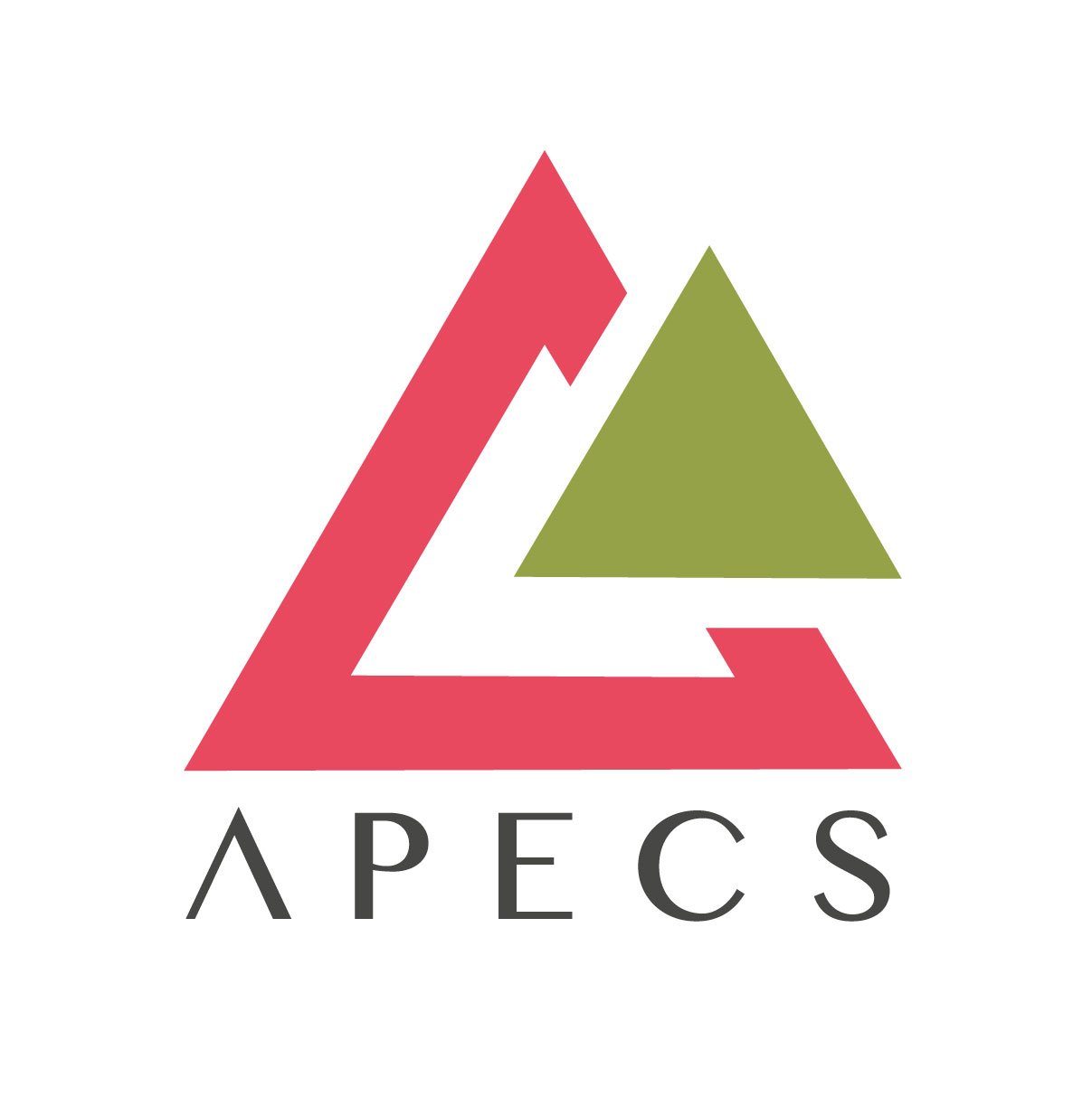APECS - a different path
The emergence of coaching professions and the competence debate; why APECS took a different route
David Lane, Chair of APECS (2016 – 2019)
An edited version of David Lane's original article
During the period when APECS was established (2004) an increasing number of training programmes and new bodies to represent coaches were emerging to provide credentials and regulate the field.
Research to support these developments was limited and as the various bodies in the field looked for underpinning approaches to add credibility, they adopted competence models as a framework, though each body used a different approach resulting in varied although in part overlapping competence lists.
A core discourse in the education and training of coaches has centred on the role of competence-led approaches to accreditation. Many training programmes worldwide are driven by the need to satisfy these approaches and their implicit and explicit requirements. Yet even at that earlier historical point, as this approach was gathering pace across a range of professions, it was nevertheless contentious.
The lack of validity for this approach was debated widely, with Bates (1996) and others (Grant, 1979) arguing that the development of competence models outstrips the understanding of its effectiveness and social significance. This debate has continued (Wheelahan, 2007) with many arguing for alternative approaches Jarvis, Lane and Fillery Travis (2006), Corrie and Lane (2009), Bachkirova and Lawton Smith (2015), Drake, (2015), Cavanagh, Stern and Lane (2016), and Gray, Garvey and Lane (2016).
However, only APECS, within the emerging coaching bodies, decided to forgo this approach. Elsewhere, the European Federation of Psychologist Associations, EFPA, in building an approach to accreditation of psychologists as specialists within psychotherapy, also decided to take a different route influenced heavily by a BPS project.
There were shared assumptions within APECS and the EFPA group because they were faced with similar issues. Both groups consisted of experienced practitioners who came to the field from other areas of practice (even more so in the case of executive coaches). They did not fit (see Gray, Garvey and Lane, 2016) a training or accreditation structure that wanted to adopt:
1 Competence to underpin training measured against a set but limited framework.
APECS attracted experienced practitioners with well-developed approaches and who came from many professional backgrounds prior to becoming coaches. The members brought a whole host of skills and knowledge bases that they used in their practice.
2 A tendency of courses to require students to build their own personal model of practice, usually from a limited range of psychological models. Again, while psychological approaches featured in the work of APECS members they drew upon a wider set of perspectives - including adult learning, complexity, sociology etc
APECS represented leading practitioners in the field, not trainees requiring a limited framework. So, the question became - how do you build a way of accrediting experienced practitioners with very different routes to expertise?
The position in 2016 is very different, as research has developed but at that time on 2000, APECS had two fields it could draw upon for support. The first was the emerging field of work-based learning and tools for the accreditation of prior learning – this gave credibility to the idea that you could learn in practice and, through reflective critical dialogue (backed by evidence), demonstrate expertise.
The second adopted by BPS and EFPA, but also present in case studies in organisational contexts (Lane et al 2000; Lane and Althaus 2012; Abraham 2012), was the idea that you start with a set of values (or principles) that underpin excellence.
Thus, APECS, in considering these approaches, could start by raising the values or principle assumptions that could be the basis for accreditation and had, in work based learning, dialogic (and reflective tools, Schön, 1987), tools that could become the process to assess practitioners.
So APECS were faced with a different context from other coaching bodies (experienced executive coaches rather than a broad range of coaches working in multiple areas at varied levels of expertise) and therefore chose an alternative path. This does not represent a criticism of other bodies who faced different issues and contexts and therefore choices.

